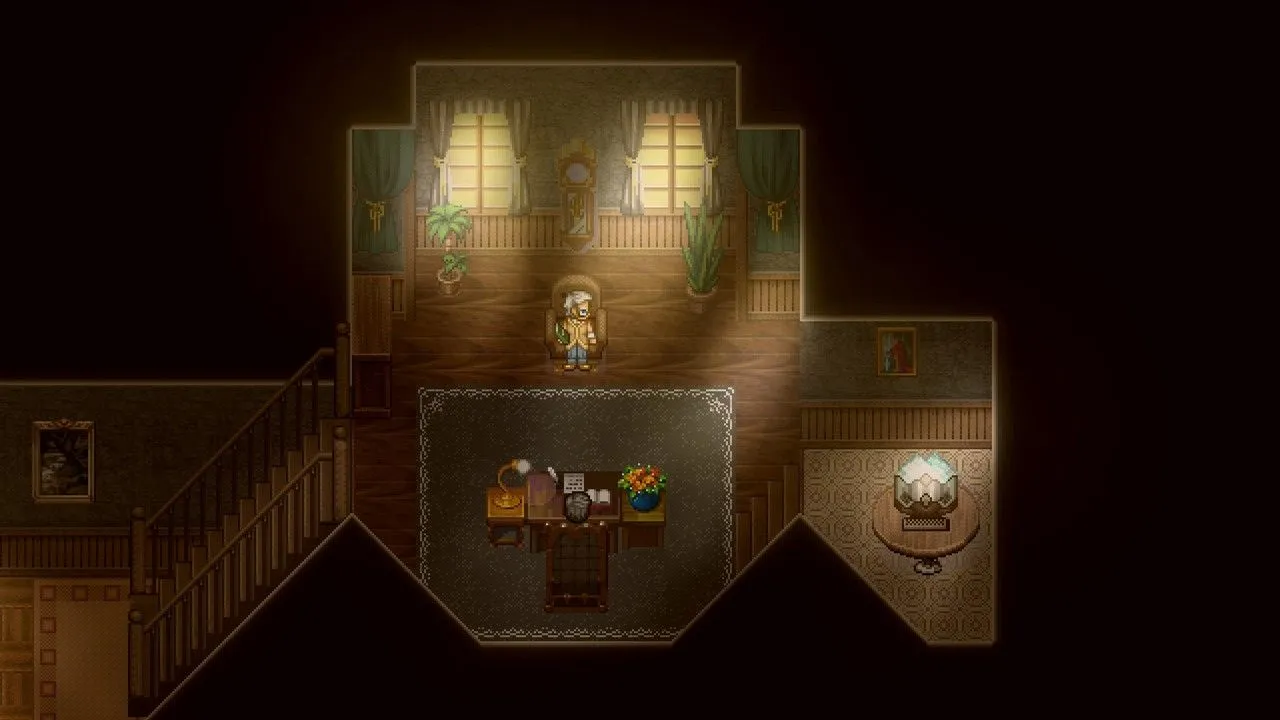
Finding Paradise: A Touching Narrative Adventure
Contents
Finding Paradise, the highly anticipated sequel to To the Moon, offers a poignant narrative adventure that explores the complexities of life, memory, and the pursuit of happiness. While its gameplay might appear simple on the surface, the game’s emotional depth and thought-provoking themes resonate deeply with players. This review delves into the strengths and weaknesses of Finding Paradise, examining its captivating storytelling, memorable soundtrack, and retro visual style.
 alt text: Finding Paradise screenshot showing the two doctors, Eva and Neil, interacting with a patient in a past memory.
alt text: Finding Paradise screenshot showing the two doctors, Eva and Neil, interacting with a patient in a past memory.
A Journey Through Memory
Finding Paradise centers around Sigmund Corp., a company with a unique technology that allows them to delve into a person’s memories and create a fabricated reality that fulfills their dying wish. Players follow Dr. Eva Rosalene and Dr. Neil Watts as they navigate the memories of a dying patient, piecing together the fragments of his life to understand his deepest desires. The gameplay primarily involves exploring environments, interacting with characters from the patient’s past, and solving puzzles to unlock deeper layers of memory.
Engaging Narrative Puzzles
Progression through the game hinges on finding “mementos” – objects of significance to the patient – that act as gateways to different memory sequences. The search for these mementos, combined with a series of light puzzles, encourages exploration and allows players to gradually uncover the patient’s life story. While the puzzles aren’t overly challenging, they effectively integrate with the narrative, revealing crucial events and deepening player engagement.
![]() alt text: Finding Paradise gameplay screenshot showcasing the pixel art style and the exploration aspect of the game.
alt text: Finding Paradise gameplay screenshot showcasing the pixel art style and the exploration aspect of the game.
The Meaning of a Wish
Finding Paradise grapples with profound questions about the nature of memory and the ethics of altering one’s perception of reality. The game explores the potential consequences of granting a dying wish, questioning whether manufactured happiness can truly replace a life lived to the fullest. It addresses concerns raised by its predecessor, To the Moon, offering a more nuanced perspective on the significance of these final desires. Rather than fulfilling extravagant fantasies, the wishes in Finding Paradise often center on rediscovering lost moments of childhood and reconnecting with forgotten emotions.
Memorable Characters and Dialogue
The game’s characters are well-developed and relatable, their personalities shining through the witty and often poignant dialogue. The dynamic between Dr. Rosalene and Dr. Watts provides moments of levity and insightful commentary, enhancing the emotional impact of the story. The interactions with the NPCs within the patient’s memories feel genuine and contribute to a deeper understanding of his life and motivations.
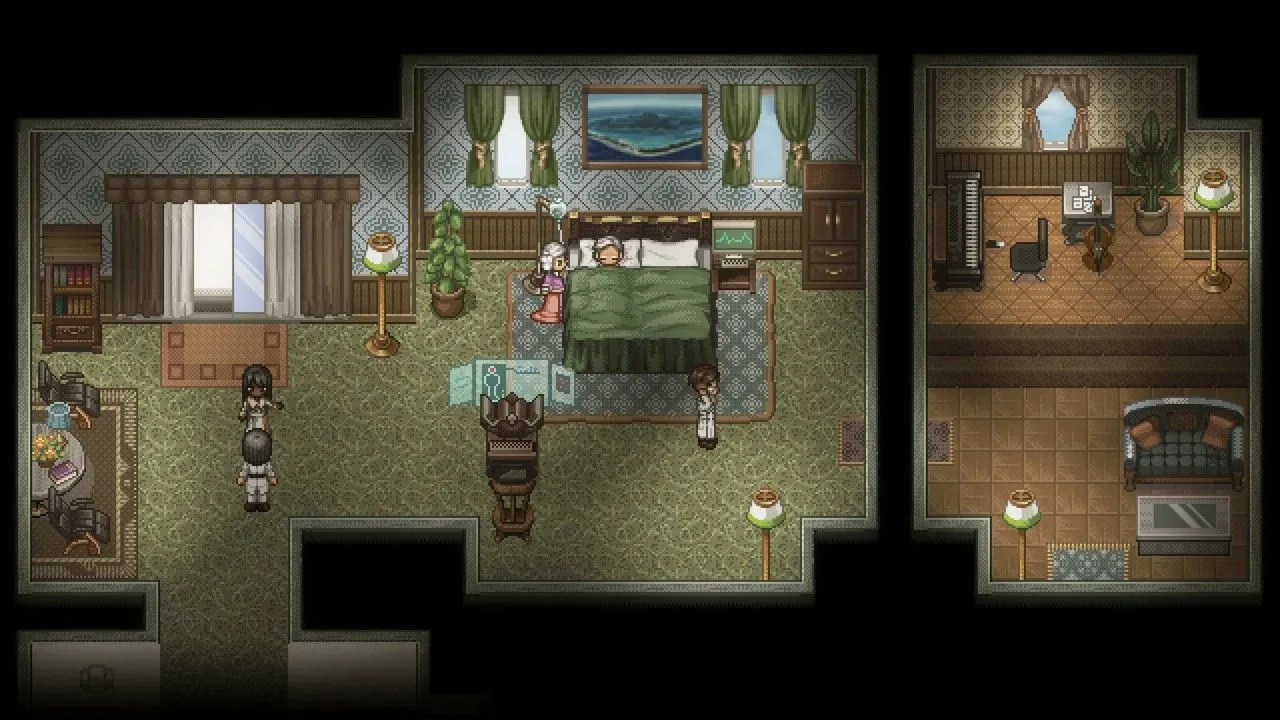 alt text: A scene from Finding Paradise depicting a conversation between characters, highlighting the game's focus on dialogue and character interaction.
alt text: A scene from Finding Paradise depicting a conversation between characters, highlighting the game's focus on dialogue and character interaction.
A Moving Soundtrack
The emotional core of Finding Paradise is amplified by its beautiful soundtrack, composed by Laura Shigihara, known for her work on games like Plants vs. Zombies and Minecraft. The music seamlessly adapts to the changing moods and themes of the game, evoking feelings of nostalgia, joy, and sadness. The recurring melodies, reinterpreted with different instruments and arrangements, create a powerful sense of continuity and emotional resonance.
 alt text: Finding Paradise promotional image featuring a key scene from the game, emphasizing the emotional impact of the narrative.
alt text: Finding Paradise promotional image featuring a key scene from the game, emphasizing the emotional impact of the narrative.
Retro Graphics and Gameplay Limitations
While Finding Paradise excels in storytelling and music, its gameplay can feel somewhat repetitive. The puzzle-solving elements, while engaging, lack significant variety, and the overall experience might not appeal to players seeking action-packed gameplay. The game’s retro pixel art style, developed using RPG Maker XP, also contributes to its dated appearance. While charming to some, the limited visual fidelity might detract from the immersive experience for others.
![]() alt text: Screenshot from Finding Paradise showing the game's user interface and pixel art graphics.
alt text: Screenshot from Finding Paradise showing the game's user interface and pixel art graphics.
Conclusion
Finding Paradise is a touching narrative adventure that prioritizes emotional storytelling over complex gameplay. Its captivating narrative, memorable characters, and moving soundtrack create a deeply resonant experience. While the retro graphics and repetitive gameplay might not appeal to everyone, Finding Paradise ultimately delivers a powerful and thought-provoking story that will stay with players long after the credits roll.
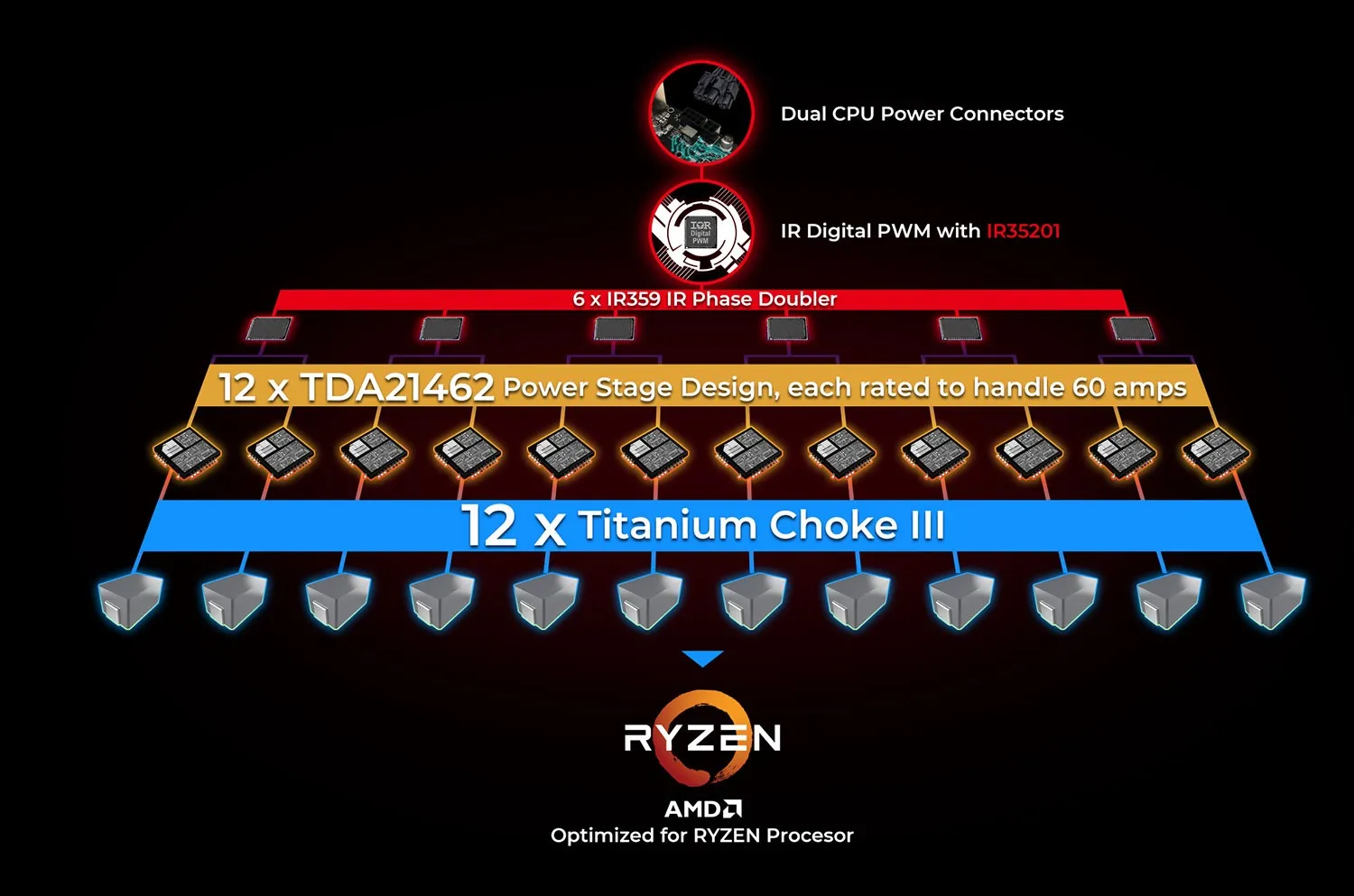
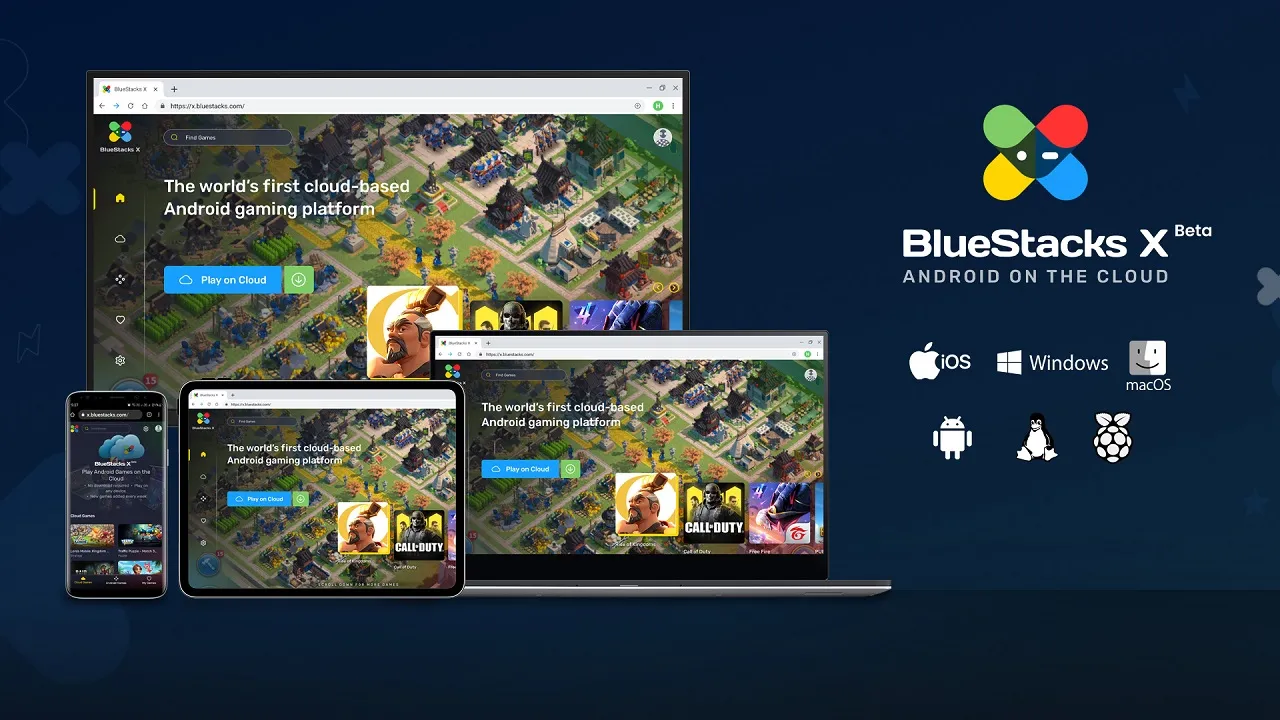

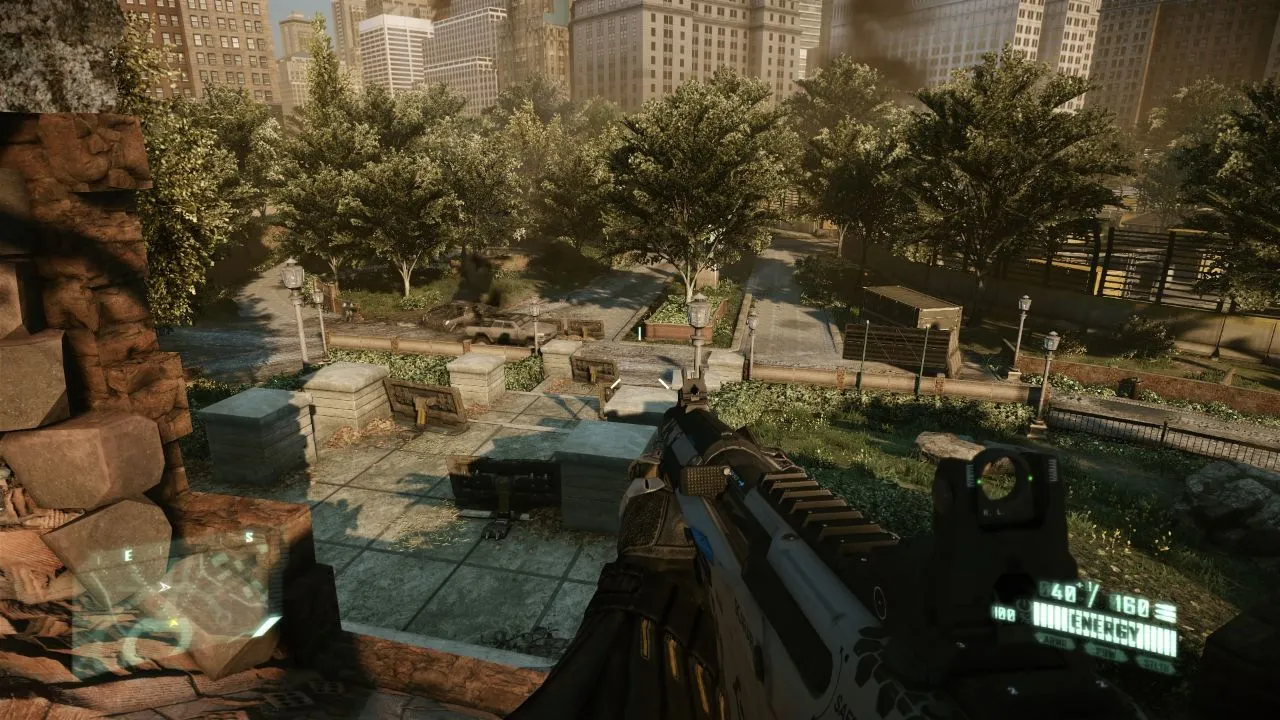

Comments (0)